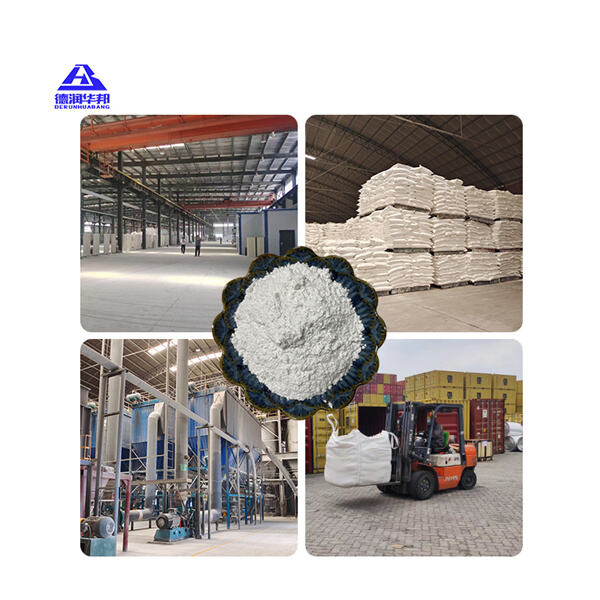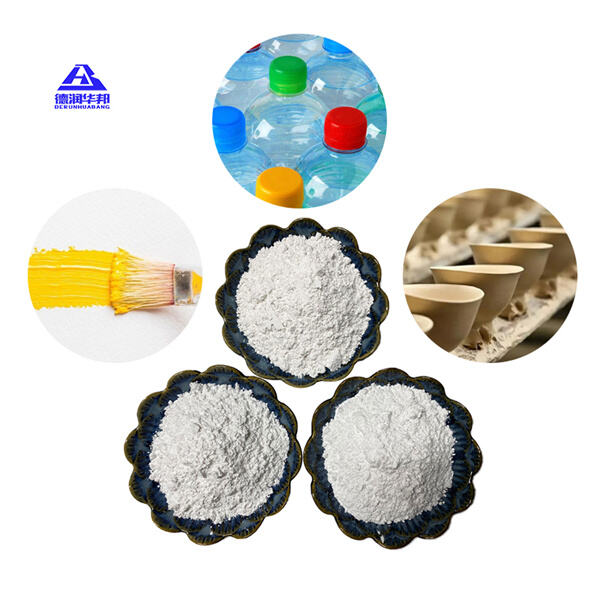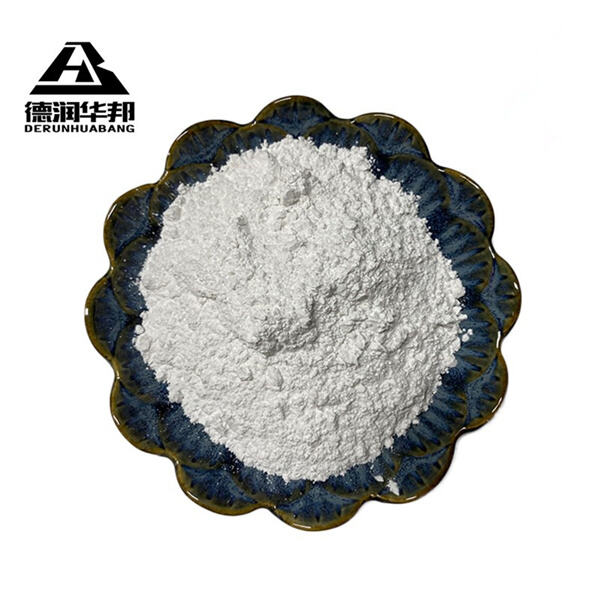 ×
×
Barium sulphate precipitated belongs to a single body and is employed in numerous forms. It is endowed with special characteristics which renders it useful in various sectors. In this article, we are going to find out what makes precipitated barium sulphate special, how it is utilized, how it is manufactured, what its advantages are, and what effect it has on the environment.
Barium sulphate powder, precipitated is a fine white powder that is odourless and tasteless. It is very heavy for its size; dense, in other words. It is insoluble in both water and acids so it is incredibly stable and safe! These qualities make it ideal for industries that require stability and safety.
Various industries require the use of precipitated barium sulphate. One of its more popular applications is the production of paints. It is mixed into paint to make the paint thicker and brighter. It is also used as a strengthening material in plastics, rubber and ceramics to increase their durability. In medicine, it makes it possible for doctors to glimpse inside the body more effectively during X-ray imaging.

The production of precipitated barium sulphate is in - convenient. It begins with combining two chemicals — barium chloride and sodium sulphate — in a special beaker. When these substances react with one another, they create a solids substance known as barium sulfate. This solid is filtered and washed well to discard unwanted parts, dried and pulverized to fine powder. The end product is pure precipitated barium sulphate ready to use.

The use of precipitated barium sulphate has several benefits. In the paint world, it provides brighter and better coverage, which means you need less paint. In medicine, that helps doctors obtain clearer images, which can result in better diagnoses. In the plastics industry, it strengthens and toughens products. In the end, the application of precipitated barium sulphate makes products better and cheaper.

Even though precipitated barium sulphate has a lot of advantages, we have to consider its environmental influence. If it is discarded in the wrong manner, it can accumulate in soil and water and harm plants and animals. There are workarounds, however. Companies can also minimize their waste production and environmental footprint, by recycling or re-using precipitated barium sulphate. And adhering to rigorous rules can help ensure it is handled and disposed of safely.
company considers technology be lead, continuously rolls new technological developments, strictly follows the quality management system used production. products have passed ISO 9001 technical qualification certification have been exported over 70 precipitated barium sulphate, more than 1000 customers regions throughout Southeast Asia, Eastern Europe America...
We a leading supplier mineral product. teams are focused product development and design as well as quality control and inspection company management. If have new ideas or suggestions about our products, please precipitated barium sulphate us by email. look forward to collaborating with you providing you with satisfactory products.
Huayang provides plenty non-metal mineral products, such products, such as kaolin, mica, bentonite, graphite, tourmaline, iron on. Our precipitated barium sulphate Our is racing all kinds of mineral sources, quilted producing, processing, laboratory, storage workshop, production line is over 20.
Shijiazhuang Huabang Mineral Products Co. Ltd. an integrated company building materials which combines processing, production, sales. The company precipitated barium sulphate Shikan Industrial Zone, Ciyu Town, Lingshou County, Hebei Province located 50km from Shijiazhuang, capital Hebei Province, 260km away from Beijing, with convenient transport, communications abundant mineral resources.

